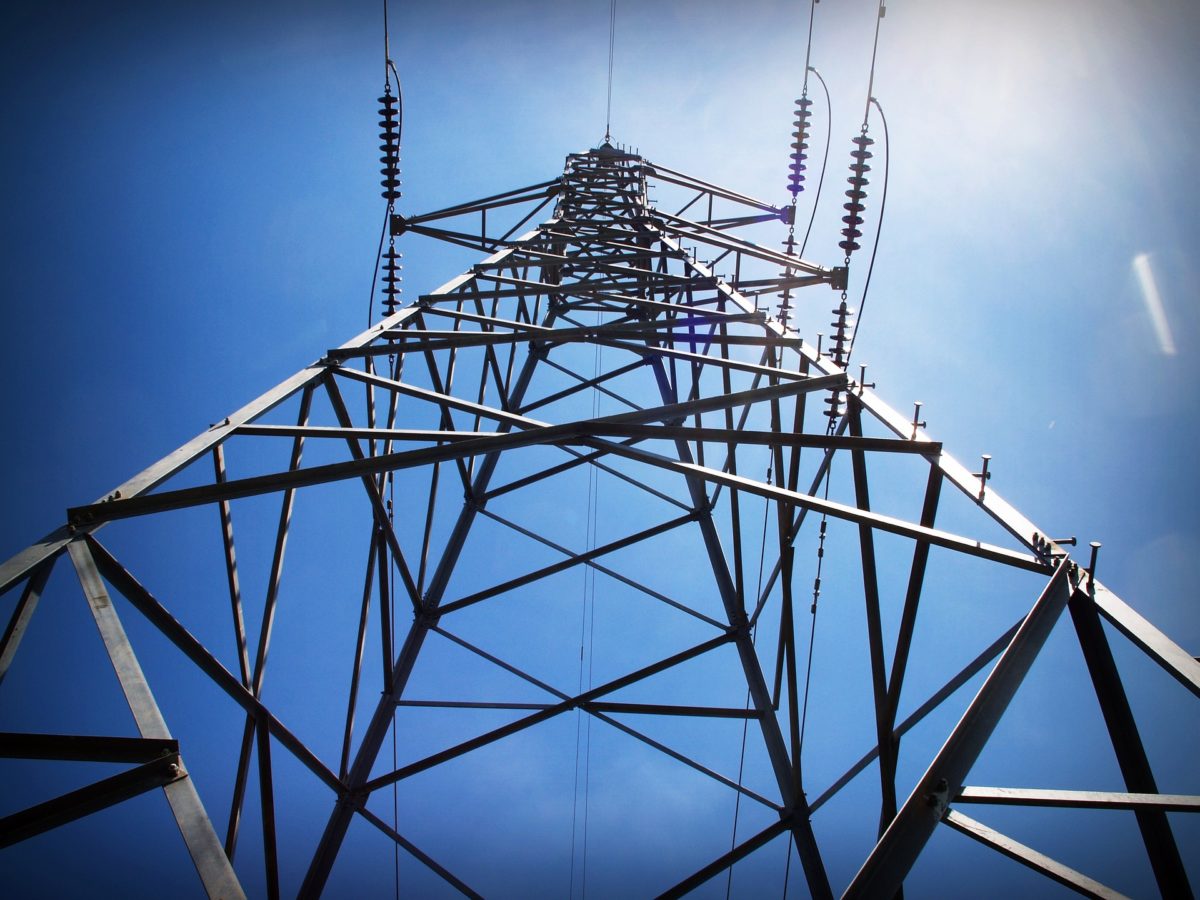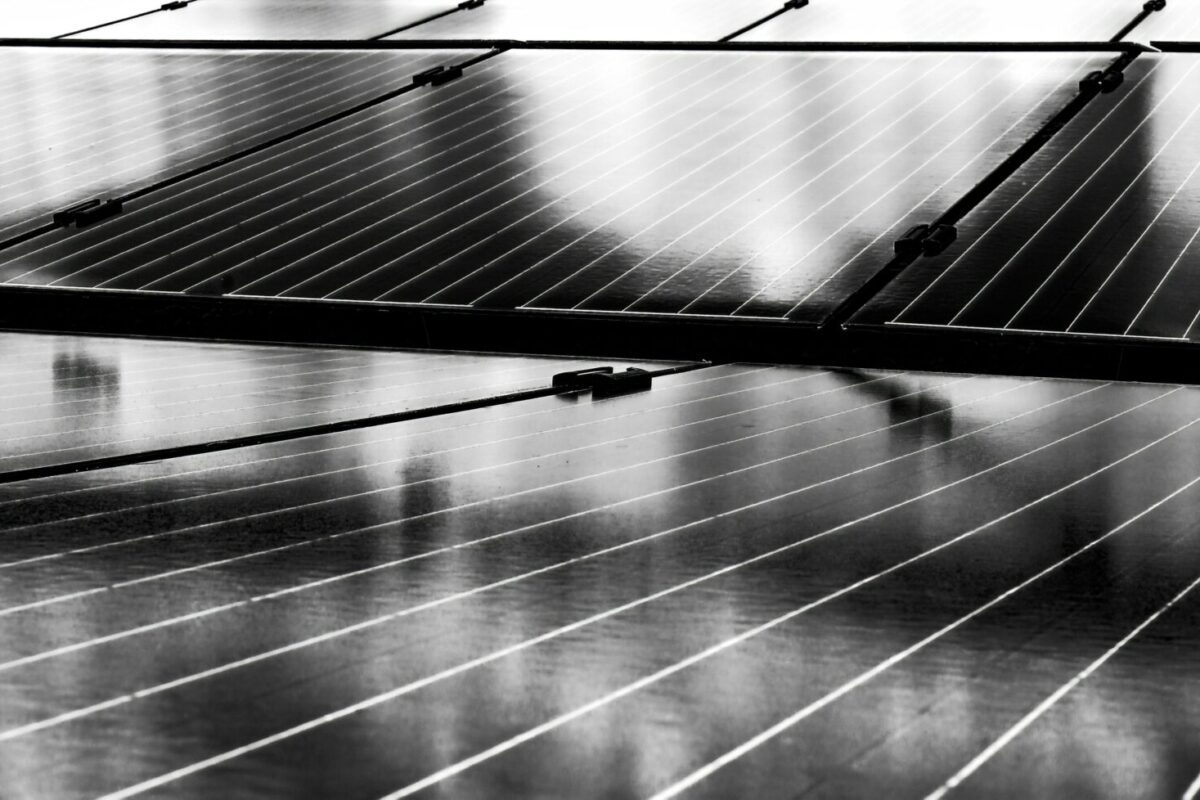Dutch electric grid company Tennet is testing the water in the provinces of Limburg and Brabant to see how many energy consumers would be able and willing to alter the shape of their energy patterns in return for payment.
The electricity transmission system operator (TSO), which also supplies power in Germany, is seeking flexibility from energy consumers to free up more grid capacity in the two areas, after being forced to halt new connections last year because of the number of solar projects that have come online.
A statement by Tennet in April said that it had issued a questionnaire to energy consumers asking for details about their ability to supply less electricity to the grid, and draw down less energy from it, at times of stress.
A similar study has already taken place in Zeeland, Tennet said. Further flexibility fact-finding is also planned in Friesland, Flevoland, Utrecht, and Gelderland, ahead of energy market reforms expected from the Dutch competition regulator this year.
Tennet said it will spend more than €2 billion ($2.1 billion) upgrading grid networks over the next decade. It expects the results of the flexibility study in Limburg and Brabant “before the summer,” implying by the start of June.
The electricity TSO said it is also considering use of the “vluchstrook” – which translates as “emergency lane” – to be able to connect more “sustainable projects.”
This content is protected by copyright and may not be reused. If you want to cooperate with us and would like to reuse some of our content, please contact: editors@pv-magazine.com.




By submitting this form you agree to pv magazine using your data for the purposes of publishing your comment.
Your personal data will only be disclosed or otherwise transmitted to third parties for the purposes of spam filtering or if this is necessary for technical maintenance of the website. Any other transfer to third parties will not take place unless this is justified on the basis of applicable data protection regulations or if pv magazine is legally obliged to do so.
You may revoke this consent at any time with effect for the future, in which case your personal data will be deleted immediately. Otherwise, your data will be deleted if pv magazine has processed your request or the purpose of data storage is fulfilled.
Further information on data privacy can be found in our Data Protection Policy.